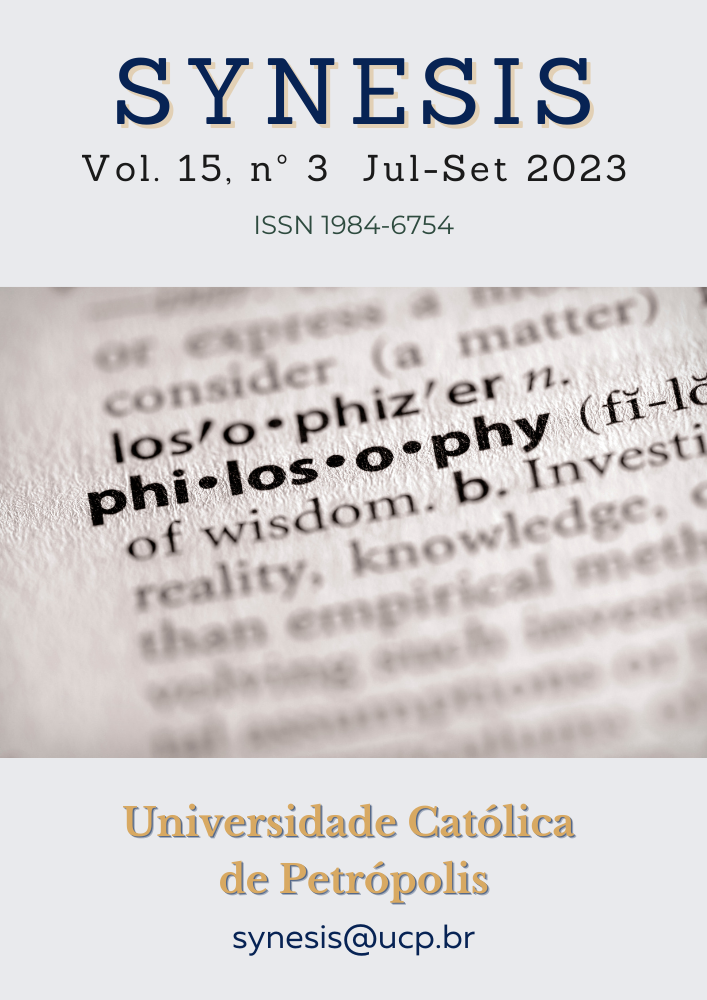Resumo
Cada profissão profissional impõe certas exigências aos seus trabalhadores. O serviço social é uma profissão em que aparecem certas especificidades. Os clientes enfrentam várias limitações, podem ter necessidades específicas, movem-se em situações de vida difíceis. Portanto, mesmo um assistente social que trabalha com esses clientes deve ter algumas características para poder trabalhar satisfatoriamente com essas pessoas e, assim, poder ajudá-las. Portanto, é desejável abordar este tópico para poder dizer qual indivíduo tem capacidade para a profissão de assistente social e qual não é. As qualificações de um assistente social podem ser vistas desta forma como um conjunto de qualidades e habilidades necessárias e necessárias para esta profissão. A suposição básica representa, é claro, a formação mínima legalmente determinada neste campo, que fornecerá ao futuro trabalhador os conhecimentos necessários e, até certo ponto, também habilidades práticas. Traços de caráter e suposições de personalidade, no entanto, a educação não afeta muito uma pessoa. Portanto, este trabalho tratará exatamente da personalidade do assistente social, ou seja, quais qualidades psicológicas um bom assistente social deve ter para atender às necessidades e exigências da profissão de assistente social.
Referências
Ariza T., Belén, L. & Ruiz-Olivares, R. (2022). Prosocial Personality as a Predictor of Burnout in Spanish Social Workers. The British Journal of Social Work, 53(1), 368-385. DOI: 10.1093/bjsw/bcac134
Banks, S. (1995). Ethics and Values in Social Work. London: Macmillan Press.
Byrne, N. (2019). Social work students’ professional and personal exposure to social work: an Australian experience. European Journal of Social Work, 22(4), 702-711. DOI: 10.1080/13691457.2017.1399254
Daněk, A. 2022. “Social integration of young adults leaving institutional care: personal experiences.” AD ALTA: Journal of Interdisciplinary Research, 12(2): 32-34. www.doi.org/10.33543/1202 [accessed: 10.01.2023].
Géringová, J. (2011). Pomáhající profese: tvořivé zacházení s odvrácenou stranou. Praha: Triton, 2011.
Gulová, L. (2011). Sociální práce. Praha: Grada Publishing a.s..
Hanuš, P. (2007). Kdo je sociální pracovník a proč by měl být vzdělaný. Sociální práce/Sociálna práca: Časopis pro teorii, praxi a vzdělávání v sociální práci. 1(2007), p. 5-6.
Jankovský, J. (2003). Etika pro pomáhající profese. Praha: Triton.
Kopřiva, K. (2016). Lidský vztah jako součást profese. Praha: Portál.
Kwan, Ch. K., & Reupert, A. (2019). The Relevance of Social Workers’ Personal Experiences to Their Practices. The British Journal of Social Work, 49(1), 256-271. DOI: 10.1093/bjsw/bcy017
Law number 108/2006 collection, law about social services.
Matoušek, O. et al. (2013). Metody a řízení sociální práce. Praha: Portál.
Musil, L. (2004). „Ráda bych Vám pomohla, ale“: Dilemata práce s klienty v organizacích. Brno: Marek Zeman.
Navrátil, P. (2001). Teorie a metody sociální práce. Brno: Marek Zeman.
Nečasová, M. (2001). Úvod do filozofie a etiky v sociální práci. Brno: Masarykova univerzita.
Petticrew, M., & Roberts, H. (2008). Systematic reviews in the social sciences: A practical guide. John Wiley & Sons.
Pittaway, L., & Cope, J. (2007). Entrepreneurship education: A systematic review of the evidence. International small business journal, 25(5), 479-510.
Řezníček, I. (2000). Metody sociální práce. Praha: SLON.
Schiff, M., Shinan-Altman, S. & Rosenne, H. (2021). Israeli Health Care Social Workers’ Personal and Professional Concerns during the COVID-19 Pandemic Crisis. The British Journal of Social Work, 51(5), 1858-1878. DOI: 10.1093/bjsw/bcab114
Stárek, L. (2022). The Motivation and Characteristic of Students Studying Helping Major with Specialization on Special Pedagogic and Social Work. TEM Journal, 11(1), 37-43- DOI: 10.18421/TEM111-05
Stárek, L. et al. (2021). Speciálně pedagogická praxe jako významný komponent pregraduální přípravy studentů – student – praxe – profese. Praha: Univerzita Jana Amose Komenského Praha s.r.o..
Stárek, L., Víšek, J. (2022). The Social Worker as a Full-fledged Member of a Multidisciplinary Cooperation within the Czech Prison Systém. Social Welfare: interdisciplinary Approach, v. 12, p. 20-35, 2022. ISBN: 2424-3876. https://doi.org/10.15388/SW.2022.12.12
Thorpe, R., Holt, R., Macpherson, A., & Pittaway, L. (2005). Using knowledge within small and medium‐ sized firms: a systematic review of the evidence. International Journal of Management Reviews, 7(4), 257-281.
Úlehla, I. (2009). Umění pomáhat. Praha: Slon.
Vybíralová, M. (2018). Pomáhající profese - co je to, definice, vysvětlení, příklad, informace [online] Praha: Bezplatná právní poradna, [cit. 15.05.2022]. Available from: https://www.bezplatnapravniporadna.cz/ruzne/pravnicky-slovnik/36769-pomahajici-profese-co-je-to-definice-vysvetleni-priklad-informace.html.

Este trabalho está licenciado sob uma licença Creative Commons Attribution-NonCommercial-NoDerivatives 4.0 International License.
Copyright (c) 2023 Synesis (ISSN 1984-6754)
